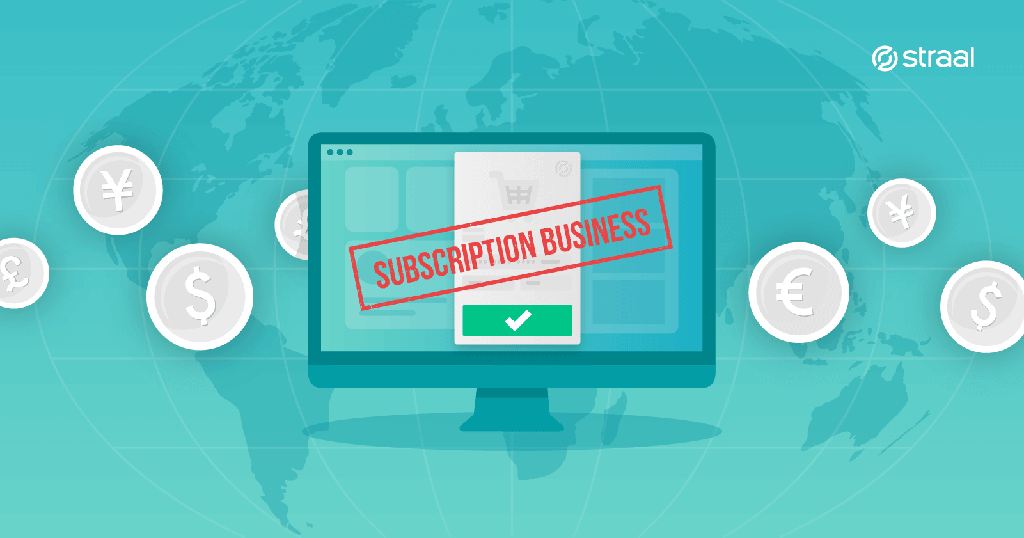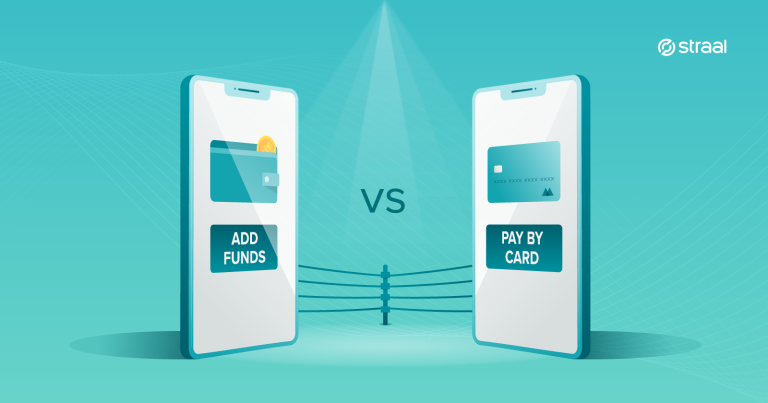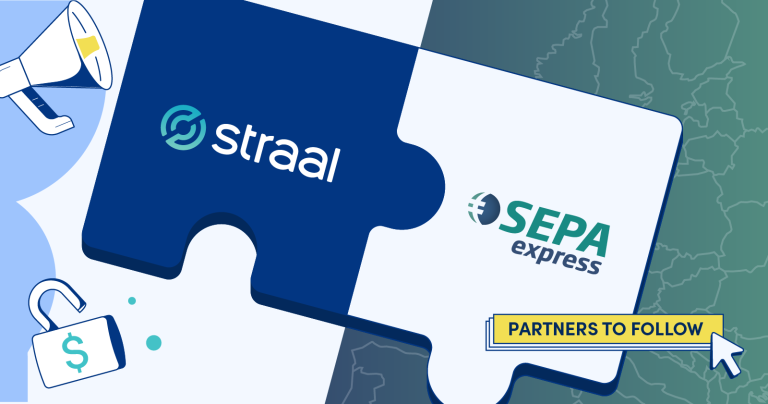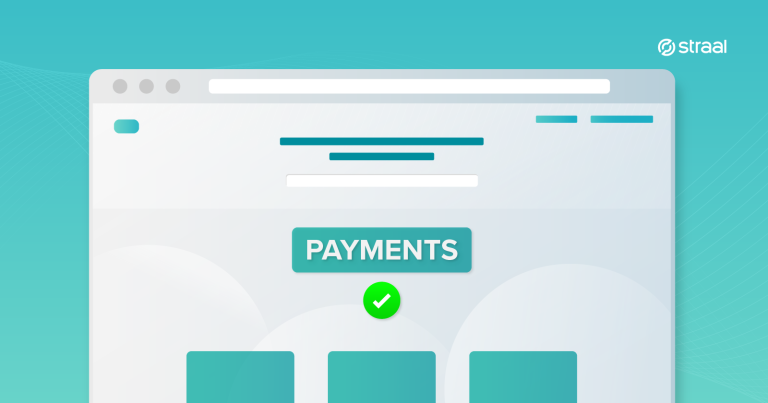In my previous entry, I have proposed some basic questions an online merchant should ask before selecting a payment gateway. Chances are you run a subscription-based business – if so, you should get acquainted with several extra questions specific to your business model. A subscription-friendly payment gateway is a way to gain higher control over your cashflow and condition of your business in general.

How to tell a subscription-friendly payment gateway from an average one?
Let’s focus on subscription-specific features. To be crystal clear: you can accept subscription payments through any payment gateway but choosing a solution designed to support businesses operating in this particular model is far more cost-effective, convenient, and profitable.
1. Are card-on-file payments supported? If so, who takes responsibility for card data security?
Card-on-file payments are the ones where your customers save their cards for easier use in the future. Those can be initiated automatically, based on their subscription plan, or triggered manually by payers, yet without providing all the card details multiple times (i.e. “one-click payments”).
I mentioned that one can accept subscription payments with any gateway. However, doing so via a gateway which does not support card-on-file transactions is far more difficult. It’s all about card data security and legal responsibility. In order to accept subscription payments via a gateway that does not support card-on-file transactions, you need to store card details in your system and take full responsibility for security. In order to do it by the book, you need a special certificate from The PCI Security Standards Council – an international institution founded by major card organizations. The certification process is demanding and might cost you a lot. You’d need to meet very strict security requirements and in case of a data breach eat the humble pie all by yourself.
Subscription-friendly payment gateways take responsibility for card data security, so merchants don’t need to even think about it. Quality gateways have their own PCI DSS certificates (Straal, for example, has the PCI DSS Level 1 certificate, which is the highest available) and keep card data safe – using tokenization. The mechanism is quite simple. Card details are stored not by the merchant but by the gateway. When your customers save their cards, the gateway saves their details on secure servers and issues a special digital token for your e-store. Every token is assigned to a specific card. The merchant, in fact, stores just tokens – not cards. Whenever you need to charge a card, your system sends the token to the acquirer. In case of a data breach from your servers, all that can leak are tokens that are completely useless without the information that only your acquirer has.
2. Does it have a subscription management system on board?
A subscription-friendly gateway should provide you with a comprehensive solution – including subscription management. Most providers, however, give merchants access only to some simple transaction monitoring dashboards. Straal stands out in this aspect. We give merchants access to our powerful management system – Straal Kompas. It gives them full control over subscription plans, users, transactions and even risk assessment. On top of that, our enterprise clients can get access to all the information available in Kompas via API, which means that they can incorporate key management functions in their own systems. There are several quality subscription management solutions on the market, but in order to use them, you’d need to find a payment gateway anyway, which means higher operational costs, multiple contact points, integration efforts, ability to choose acquirers only from short lists offered by providers of subscription management software.
3. What optimization solutions are included in the service?
It’s a killer question for most providers. Gateways seldom offer any, while optimization is paramount in the subscription-based model. Low transaction approval rate is one of the main pain points of the subscription sector. According to some sources, 15% of recurring credit card payments are declined (with some industries exceeding 30% decline rates). If you have, say, 1000 subscribers and you bill them $50 per month, you can lose up to $15 000 every month just due to declined transactions. How on earth is that possible? People get their salary on different dates, have limits on their cards, use virtual cards, do not update card details when expired and so on. All these factors make it dramatically difficult to keep subscriber solvency on an acceptable level. Optimization tools are aimed at collecting subscription payments in a way that’d maximize the chance for transaction approval – to collect money from every single subscriber at minimum number of attempts. Solutions such as the aforementioned smart retry, smart routing or smart charging (to be featured in a separate entry) enhance your subscription business performance.
Thank you very much for reading! Got questions? Feel free to contact our team!







